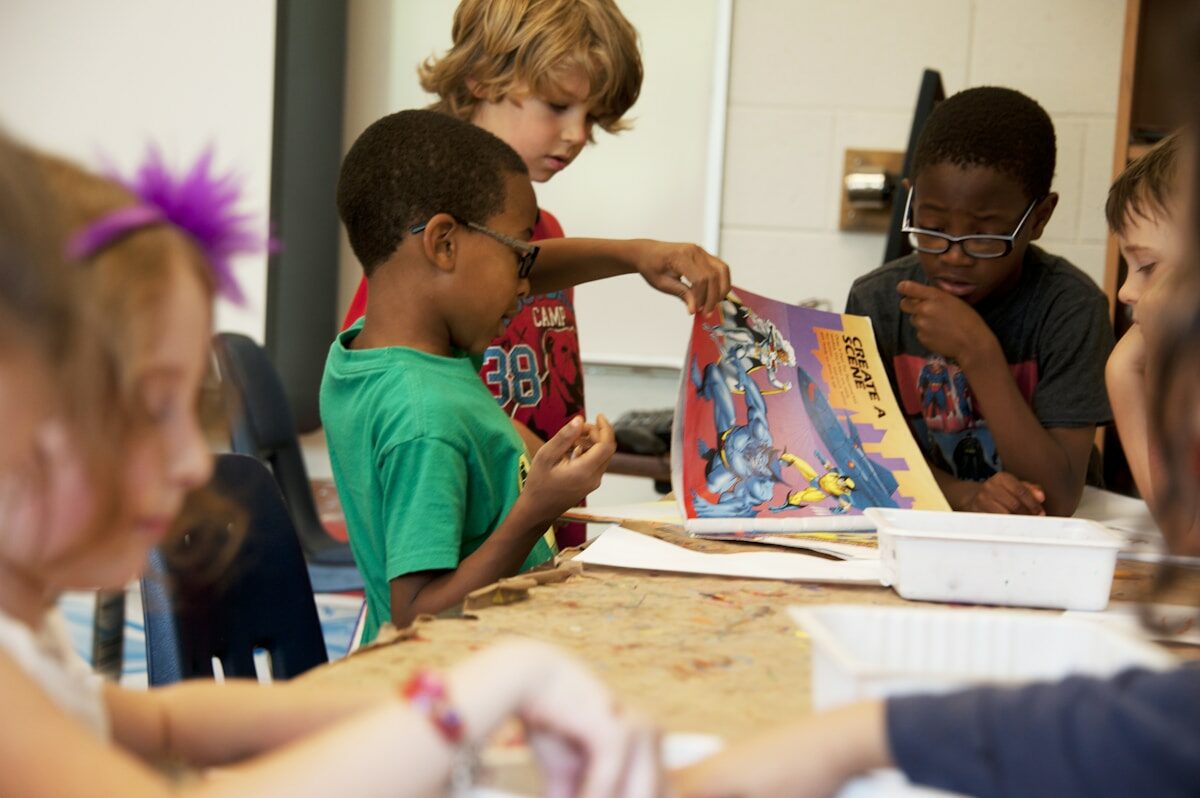Summer Learning Solutions Bridge the Educational Gap as Holiday Season Approaches
Innovative solutions for preventing summer learning loss explore brief, engaging activities that align with natural rhythms for effective retention.

As the summer holidays approach, parents and educators are increasingly focused on preventing the significant learning losses that typically occur during the extended break. Recent research from the American Educational Research Association reveals that more than half of primary school students experience learning losses across five consecutive summers, with average pupils losing up to 39 per cent of their school year gains during the holiday period.
The Challenge of Summer Learning Loss
The phenomenon known as ‘summer slide’ continues to concern education experts, particularly in core subjects like mathematics and reading. Studies show that students in grades 1 through 8 can lose between 17 and 34 per cent of their previous academic year’s learning during the summer months. This regression particularly affects younger learners who are still building foundational skills.
Kate Mattison, Vice President of Curriculum at IXL Learning, notes: ‘Parents want their kids to enjoy summer, but they also want them to keep learning.’ This balance between maintaining academic progress and preserving the joy of summer holidays represents a key challenge for families and educators alike.
Innovative Solutions for Holiday Learning
Educational technology companies are responding to this challenge with creative approaches that combine learning with entertainment. These solutions focus on quick, engaging daily activities that can be completed without compromising summer fun. The key appears to be consistency rather than intensity, with research suggesting that even 15 minutes of daily focused learning can help maintain academic progress.
Effective Learning in Small Time Blocks
Modern educational resources are designed to work within the natural rhythm of summer activities. Rather than requiring lengthy study sessions, new approaches focus on brief, targeted learning periods that can easily fit around holiday activities. This methodology aligns with current understanding of how young minds retain information, particularly during periods away from formal education.
The most effective programmes incorporate multiple subjects into single sessions, helping children maintain skills across various academic areas. This cross-disciplinary approach ensures that learners stay engaged whilst developing comprehensive knowledge retention.
Making Summer Learning Engaging
Successful holiday learning programmes share several key characteristics:
- Brief, focused daily activities that maintain attention
- Multi-subject integration to provide comprehensive coverage
- Progress tracking systems that motivate continued engagement
- Flexibility to accommodate varying summer schedules
- Interactive elements that make learning feel like play
Recent studies indicate that structured summer learning programmes can be highly effective, with some reporting that up to 75 per cent of regular participants show no learning loss over the summer period.
Supporting Different Learning Stages
Educational experts emphasise the importance of age-appropriate content in summer learning materials. For early primary students, focus areas typically include fundamental skills such as fact fluency and phonics. As children progress through primary school, the material evolves to encompass more complex concepts in mathematics, reading comprehension and scientific understanding.
This staged approach ensures that children build upon their existing knowledge base whilst preparing for the challenges of the upcoming academic year. The integration of physical activities and creative projects helps maintain engagement whilst supporting cognitive development.
The Future of Summer Learning
As understanding of educational retention continues to evolve, the approach to summer learning is becoming increasingly sophisticated. The integration of digital and traditional learning methods offers new possibilities for maintaining academic progress during school holidays.
The key to success appears to lie in finding the right balance between structured learning and summer enjoyment. When implemented thoughtfully, summer learning programmes can help children return to school in autumn feeling confident and prepared, rather than struggling to recall previous learning.
Do you want to share your story and inspire our readers ? Make The GOOD NEWS with us . Let’s start paving the way for a fairer, happier society together!





